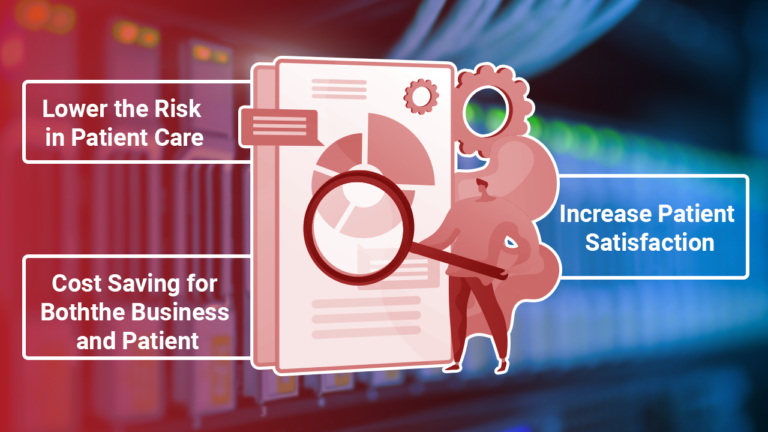Big Data in Healthcare and How Kaiser Permanente Uses It
Electronic medical records (EMR) has not only helped transform the medical information system to be better, it has also allowed the collection and subsequent application of Big Data that ultimately plays a major role in changing patient care in the process.
Even if Big Data faces much controversy and open data still has so many hurdles to go through in the healthcare industry, there is no doubt that this progress has pushed the industry straight into the information age and California’s Kaiser Permanente is showing what can be done with the huge influx of data they are receiving. Kaiser has been using data collected since 1993 in several ways, notably using this information to help treat the youngest patients – infants.
Kaiser Using Big Data to Help Care for Infants
Basing on the data sets maintained by Kaiser Permanente’s Division of Research (DOR) of vital signs of mothers and their babies who developed sepsis, doctors in Kaiser Permanente’s neonatal intensive care units (NICU) created an online calculator to determine the risk of sepsis in preterm and newborn babies.
According to Kaiser’s DOR research scientist Michael Kuzniewicz, MD, MPH, “Prior to the online sepsis calculator, a maternal fever of 100.4 or higher meant a trip to the NICU regardless of how a baby looked, or other risk factors, that meant separating the mother and baby, starting an IV, and putting the infant on intravenous antibiotics. Now we can be smarter on which babies we identify to evaluate and treat for infection.”
The Kaiser sepsis calculator for neonatal care isn’t the only accomplishment done with Big Data. These system-wide health care implementations for newborns and preterm infants are all because of the data received from the patient information:
- The identification of effective strategies to reduce dangerous bowel infections in preterm infants (called necrotizing enterocolitis)
- Reductions in the number of days infants spend in the NICU
- Fewer blood-stream infections associated with central intravenous lines
- Greater percentages of high-risk infants born at Kaiser Permanente facilities with high-level NICUs, eliminating the need for infant transport
Big Data Helps Kaiser Hit Statewide Benchmarks
Even with issues of patient privacy and the debate about whether who benefits more on Big Data usage, the patient or the medical company (hospital or pharmaceutical company), Kaiser has proven that Big Data can ultimately help improve patient care.
Allen Fischer MD, regional director of neonatology for the region, acknowledges that the data provided by the DOR is indispensable in helping clinicians plan their quality activities. This has been proven effective since Kaiser has been using Big Data to develop quality benchmarks and monitor hospital performance with records going back to the 1990s.
Big Data from a Medical Perspective
Modern healthcare systems produce massive electronically stored data on an ongoing basis. If this treasure trove of information is used for improving patient care and growing knowledge and research for developing effective treatments, we have successfully used the advances of technology to our advantage.
No matter how cliché the statement, “Health is wealth” can be, it is definitely something that each individual should take into account. Need not worry though, because we can provide your medical institution all the assistance you’ll need through our exceptional patient services such as billing, coding, and even back-office responsibilities. Learn more!
Infinit-O is the trusted customer-centric and sustainable leader in Business Process Optimization to Small and Medium businesses in the Financial Services, Healthcare and Technology sectors by delivering continuous improvement through technology, data and people.








This site is protected by reCAPTCHA and the Google Privacy Policy and Terms of Service apply.